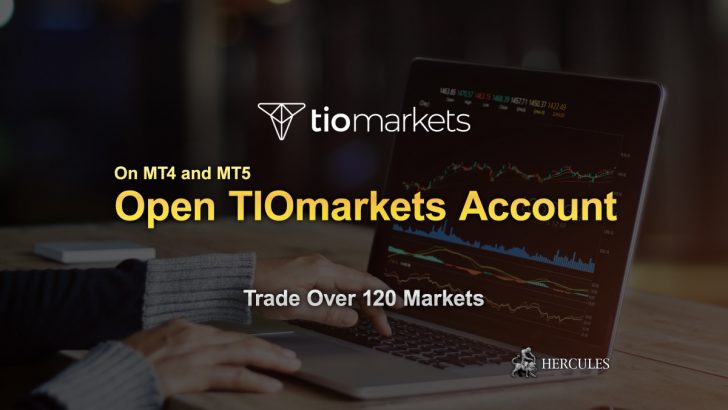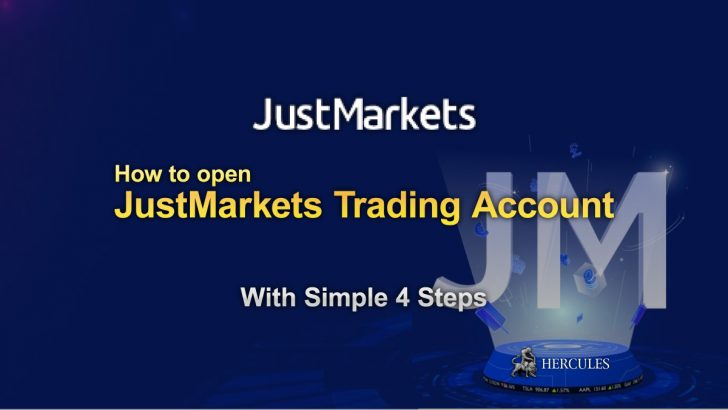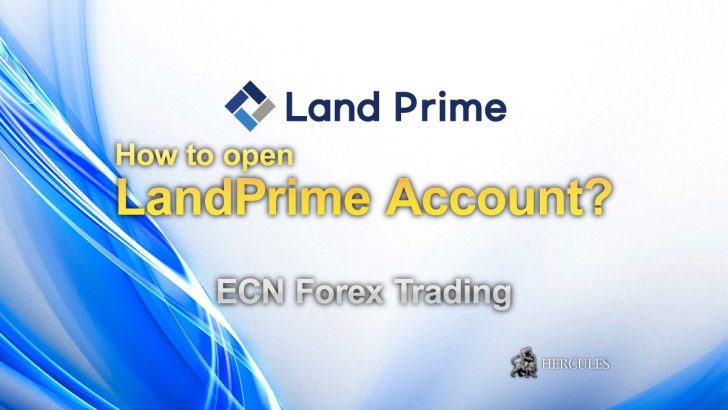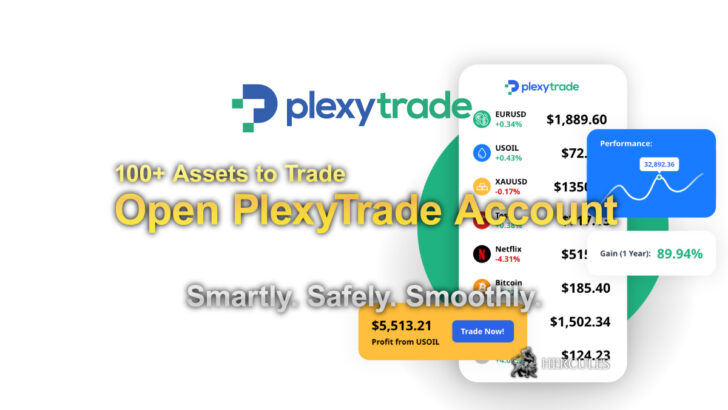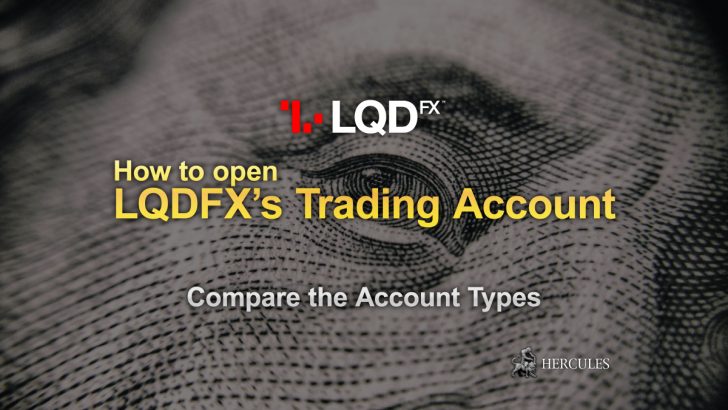Categories
21 Questions Beginners ask before starting Online Forex Trading
The first step to start online Forex trading. First learn then find the brokers here.


What is Forex or FX first of all?
Foreign Exchange is a market where currencies are traded internationally.
About 4 trillion (4 million million) dollars-worth of foreign exchange is traded globally every day, making Forex larger than all bond markets put together.
Currency markets exist in the form of spot, forward, futures and options markets.
Foreign exchange transactions are made up of: Trade flows Only 5% to 10% of total Forex transactions.
Imports usually need to be paid for in the currency of the country from which they originate.
Exports are usually paid for in one’s own currency.
A trade deficit therefore causes a currency to depreciate.
Flow-ons Created when a large trade is split up into several smaller trades.
Capital flows Cross-border investment.
Speculation Short-term investment based on expected currency movements.
This accounts for the lion’s share of Forex market volume.
Are you looking to start online Forex investment?
There are hundreds of online FX and CFD brokers which you can signup to trade with.
Majority of them offer very similar type of service, and also the procedures to get started.
It’s important to see the details of their service conditions to compare and find the best brokers for yourself.
21 Basic Terms of Online Forex
If you are a beginner of online Forex market, then you must have a lot of questions to ask.
Read through and you will know many of the basic knowledge to get started.
1. Currency pair
The two currencies that are involved in the exchange transaction.
2. Dollar
In international finance “the dollar” is always the U.S. dollar.
All other “dollar” currencies should be described specifically.
i.e. The Australian Dollar.
3. CFD
Contract for difference.
An agreement, between a broker and an investor, concerning the difference in price of a trading instrument at the time of purchase and at the time of sale.
4. Hedging
A strategy used to offset market risk, whereby one position protects another.
5. Long position
Excess of purchases over sales or of foreign currency assets over liabilities.
6. Offer
The price at which a seller is willing to sell.
The best offer is the lowest such price available.
7. Pip
The unit of measurement to express the change in value between two currencies.
8. Point
- 100th part of a per cent, normally 10,000 of any spot rate. Movement of exchange rates are usually in terms of points. i.e. if AUD/USD moves from .9310 to .9320, it has moved 10 points / pips.
- Minimum fluctuation or smallest increment of price movement.
9. Position
The netted total commitments in a given currency.
A position can be either flat or square ( no exposure), long, (more currency bought than sold), or short ( more currency sold than bought).
10. Roll-over
The extension of a maturing foreign exchange contract.
11. Short position
A short, or short position, is selling first and then buying later.
The trader’s expectation is that the price will drop; the price they sell at is higher than the price they buy it at later.
The difference between the sale price and the buy price produces a profit or loss.
12. Spot Rate
Spot rate is the price quoted for immediate settlement on a commodity, a security or a currency.
The spot rate, also called “spot price,” is based on the value of an asset at the moment of the quote.
13. Stop Loss
An arrangement whereby a position is automatically closed out when it reaches a certain loss or when exchange rates reach specified values.
14. Technical analysis
Is concerned with past price and volume trends and often with the help of chart analysis in a market in order to be able to make forecasts about future price developments of the commodity being traded.
15. Ask
The price at which a buyer is willing to buy.
The best ASK is the lowest such price available (Also see buying rate)
16. Bid
The price at which the currency or instrument is offered.
17. Bid-offer spread
The difference between the buy (bid) and sell (offer) price of a currency or financial instrument.
18. Buying rate
Rate at which a bank is prepared to buy foreign exchange.
Also known as the Bid Rate.
19. Closed position
A transaction which leaves the trade with a zero net commitment to the market with respect to a particular currency.
20. Expert adviser
Expert Advisors are programs that allow automation of the analytical and trading processes in the MT4 platform.
To create an Expert Advisor (or “Expert”), the expert editing program – MetaEditor – has to be opened from within the MT4 platform.
21. Leverage
Online brokers offer leveraged trading, in other words, it allows you to trade with more funds than you have in your account.
Normally brokers may have leverage of up to 1:500. However, leveraged trading is extremely risky.

